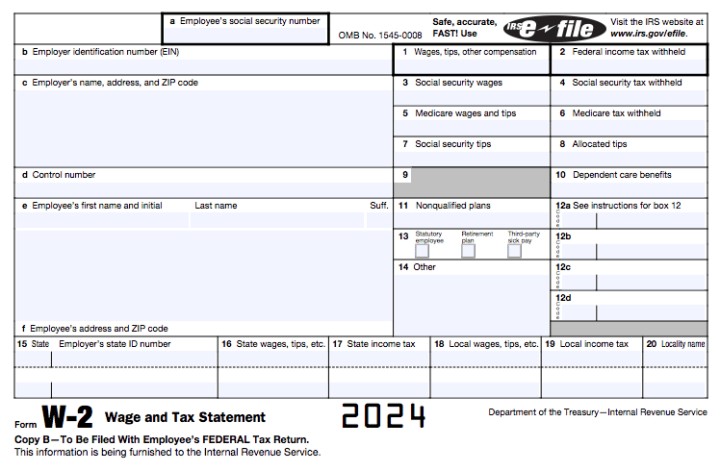Under the North Carolina Child Support Guidelines, as well as the guidelines for many other states, child support is based on gross income. The Guidelines specify that “Gross income is income before deductions for federal or state income taxes, Social Security or Medicare taxes, health insurance premiums, retirement contributions, or other amounts withheld from income.”
Large employers in particular, often offer a “cafeteria plan” as a benefit to employees. A cafeteria plan, or Section 125 plan, includes employer-sponsored benefits that are exempt from federal and typically, state taxes. Employees pay for these benefits with pre-tax money, which is not included in their taxable wages on their annual W-2s.
A cafeteria plan may include qualified health, accident, disability and life insurance, adoption assistance, 401(k) contributions, health savings accounts, group legal services coverage, and dependent care assistance. Typically, only an employees' taxable wages appear on their W-2 and pre-tax deductions from their income are excluded. For instance, you put taxable wages subject to federal income tax in box 1; wages subject to Social Security tax and Medicare tax, respectively, in boxes 3 and 5; and wages subject to state and local taxes, respectively, in boxes 16 and 18. These wages do not include the cafeteria plan deductions that are exempt from those taxes. Although 401(k) contributions are also paid pre-tax and therefore are exempt from federal income tax, they are subject to Social Security and Medicare taxes so employees who contribute to a 401(k) plan will see a lower number in box 1 and a higher number in boxes 3 and 5.
Relying on a W-2 income when filling out a child support Worksheet can result in inaccuracies. A year-end paystub will show all payroll deductions from the employee’s compensation, which in some cases can be significantly more than what is reflected on the W-2. While it is good practice to obtain the year end paystub as well as the W-2, it is particularly important to obtain that paystub when a spouse works for a large company with generous employee benefits.

